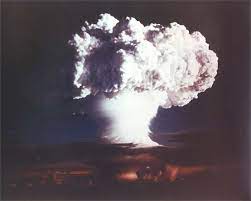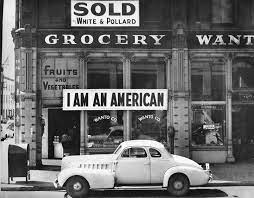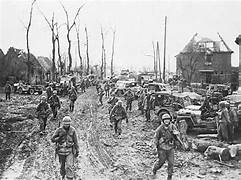On January 8, 1945, a significant event took place in the heart of Germany – the Berlin Handover by the Soviet Union. This event marked a turning point in World War II and had long-lasting implications for the city of Berlin and its inhabitants.
By early 1945, the Soviet Union had made significant advances on the Eastern Front, pushing back German forces and steadily advancing towards Berlin. The Soviet leadership, led by General Georgy Zhukov, recognized the strategic importance of capturing the German capital. The fall of Berlin would not only symbolize a major victory for the Soviet Union but also signal the impending defeat of Nazi Germany.
The Berlin Handover began with a massive Soviet offensive known as the Vistula-Oder Offensive. This offensive aimed to break through the German defenses along the Oder River and pave the way for the final assault on Berlin. The Soviet forces, numbering around 2.5 million soldiers, launched a relentless attack, overwhelming the German defenders and pushing them back.
As the Soviet troops closed in on Berlin, Adolf Hitler, the dictator of Nazi Germany, remained stubbornly defiant, refusing to accept the inevitable defeat. He ordered his troops to defend Berlin at all costs, leading to a fierce battle for the city. However, the German forces were severely outnumbered and outgunned, and their resistance ultimately proved futile.
On January 8, 1945, the Soviet Union officially took control of Berlin. The city had been devastated by years of war, with many buildings reduced to rubble and its population suffering from hunger and exhaustion. The Soviet troops faced a daunting task of restoring order and providing aid to the civilian population.
The Berlin Handover marked the end of Nazi rule in the city. The Soviet Union immediately began implementing its own systems of governance and control. The city was divided into four sectors, each controlled by one of the Allied powers – the Soviet Union, the United States, Great Britain, and France. This division laid the groundwork for the subsequent Cold War tensions between the Soviet Union and the Western Allies.
The aftermath of the Berlin Handover was marked by both relief and uncertainty. The citizens of Berlin, who had endured years of Nazi oppression, were hopeful for a better future under Soviet rule. However, the Soviet occupation brought its own set of challenges. The city became a focal point for political, ideological, and economic struggles between the Soviet Union and the Western Allies.
The Berlin Handover also had significant ramifications for the outcome of World War II. With the fall of Berlin, the Soviet Union effectively secured its position as one of the major Allied powers. It also set the stage for the eventual surrender of Nazi Germany in May 1945. The capture of Berlin was a symbolic victory for the Soviet Union, demonstrating its military might and contributing to the overall defeat of the Axis powers.






